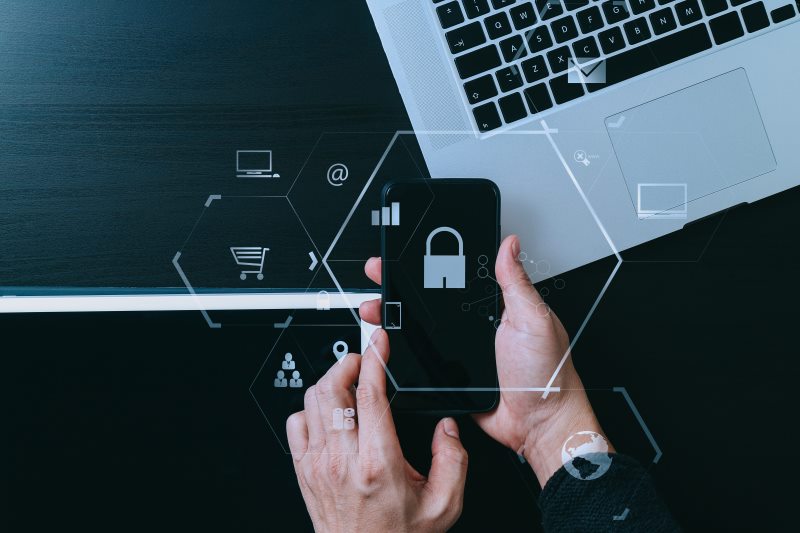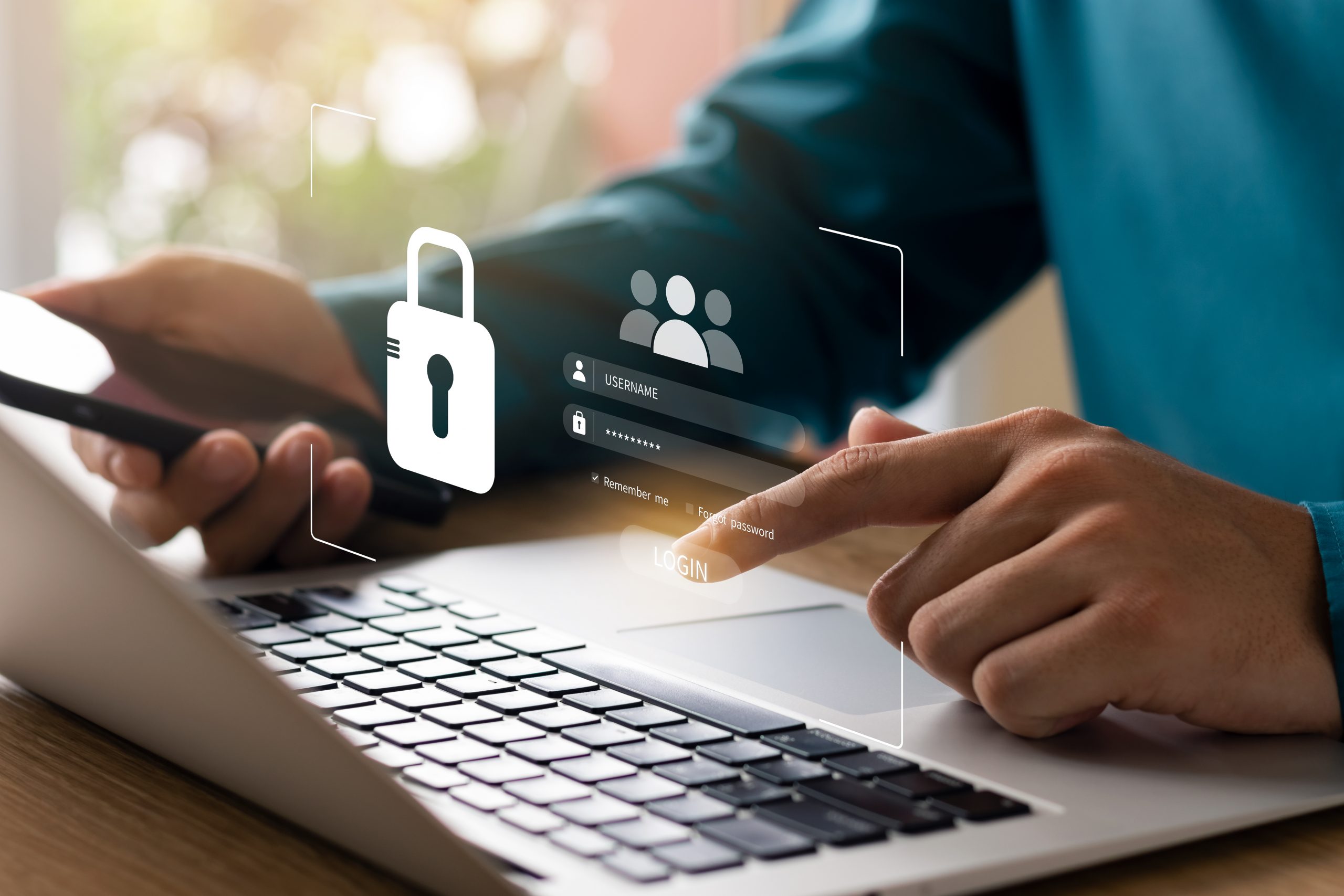In the increasingly digital landscape we inhabit, where technology shapes every facet of our lives, the importance of cybersecurity cannot be overstated. With cyber threats becoming more sophisticated and pervasive, safeguarding your digital assets has become a paramount concern. One crucial component of a comprehensive cybersecurity strategy is endpoint security, a term that might sound technical but holds immense relevance for individuals and businesses alike. In this blog, we’ll delve into what endpoint security is and why it’s essential in today’s digital age.
What is Endpoint Security?
To put it simply, an endpoint is any device connected to a network, ranging from computers and laptops to smartphones and tablets. Endpoint security involves protecting these devices from cyber threats such as viruses, malware, ransomware, phishing attacks, and unauthorized access. It’s the front line of defense for your digital world, ensuring that every device you use is shielded from potential threats.
These solutions encompass a wide array of technologies and practices, including antivirus software, firewalls, intrusion detection and prevention systems, encryption, and more. These tools collectively work to create a robust defense mechanism against various cyber threats that can compromise your data, privacy, and even financial stability.
Why Do You Need Endpoint Security?
- Diverse Attack Landscape: The modern threat landscape is highly diverse, with cybercriminals constantly devising new methods to breach security. Endpoint security helps guard against a wide range of threats, ensuring that your devices are prepared to fend off any attack.
- Protection Against Data Breaches: Data breaches can have severe consequences, leading to loss of sensitive information, financial damage, legal liabilities, and reputation loss. Endpoint security prevents unauthorized access and helps prevent data breaches by establishing barriers that attackers must overcome.
- Mobile Device Security: With the proliferation of smartphones and tablets, ensuring the security of these devices is paramount. Endpoint security extends its protective measures to mobile devices, safeguarding your personal and business-related data.
- Remote Work and BYOD (Bring Your Own Device): The trend of remote work and BYOD has increased the complexity of network security. It ensures that devices connecting to your network remotely are not potential entry points for cyber threats.
- Ransomware Defense: Ransomware attacks can cripple businesses and individuals by encrypting critical data and demanding ransom payments. These solutions help detect and prevent ransomware attacks, reducing the risk of falling victim to such extortion attempts.
- Phishing Prevention: Phishing attacks rely on tricking individuals into revealing sensitive information. Endpoint security can identify and block malicious links and attachments, reducing the chances of falling for phishing scams.
- Compliance and Regulations: Many industries are subject to strict regulations regarding data security and privacy. Endpoint security helps organisations comply with these regulations, avoiding penalties and legal issues.
- Proactive Threat Detection: Modern endpoint security solutions often employ advanced techniques such as behavioral analysis and machine learning to detect unknown or zero-day threats. This proactive approach enhances your protection against emerging threats.
- Preserving Productivity: Cyberattacks can disrupt your daily operations, leading to downtime and loss of productivity. This minimizes the chances of such disruptions, ensuring that your devices and systems continue to function smoothly.
In Conclusion
In a world where our devices are interconnected and our digital lives are interwoven with our physical ones, protecting our digital assets is essential. Whether you’re an individual user or a business owner, endpoint security is a non-negotiable measure to safeguard against the ever-evolving landscape of cyber threats. By investing in robust endpoint security solutions, you’re not only protecting your devices but also your data, privacy, and peace of mind. So, the next time you wonder whether endpoint security is necessary, remember that it’s a fundamental shield against the digital storms of the 21st century.
Sign up for our cyber event on Friday September 22nd 2023: https://www.mjf.ie/cybersecuritylunch
Follow us on LinkedIn – https://www.linkedin.com/company/mjfloodtech/posts/



